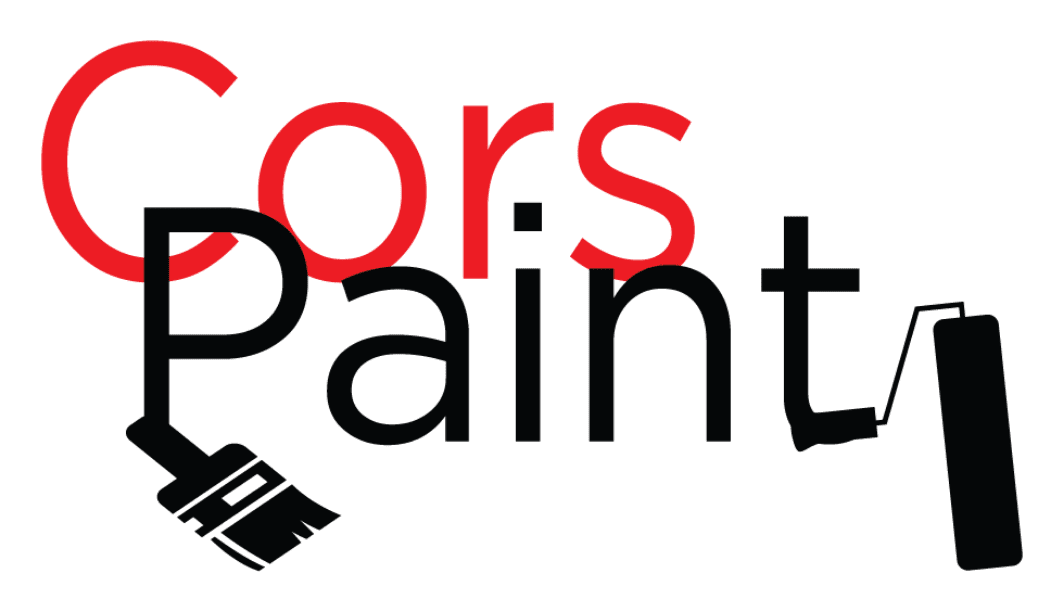1. Consider Painting Yourself vs. Hiring A Painter
The most obvious way for homeowners to save some money is to DIY your repaint. But before you head to the hardware store, do some calculations to see if painting yourself is worth the stress.
Calculate the cost of all the supplies you need: tape, drop cloths, rollers and brushes, rolling pans, and any specialty items. The main expense for most painting jobs will be the paint itself. To estimate your price or set a budget, you’ll need to estimate the area you’ll be painting, decide on how many coats you’ll use, and see just how much paint you’ll need.
After all that math, compare your DIY price with a free estimate from a local painting company. When considering the difference, remember that hiring painting professionals won’t give you sore arms, patchy walls, or the chance of falling off a ladder. Painting companies should be able to supply a competitive estimate, especially when you factor in time, risk, and experience.
2. Choose The Right Paint Color
The next step of the painting process is selecting the right color for the job. During this phase, keep in mind that not all colors are created equal. You’ll want to choose a high-quality paint that’s intended for your purpose. Quality paint, applied correctly, will increase the longevity of your paint and require less coats to completely cover your wall. You’ll end up using less paint, less often, saving you money in the long run.
You can also find short-term savings if you’re willing to be flexible on paint color. Keep an eye out for paint discounts, either at the hardware store or straight from the manufacturer. If you have a small paint job, you might even be able to find deeply discounted paints that are already mixed. Knowing how much paint you need will also help you save, since you can buy a larger quantity at the start.
3. Commit to Careful Prep Work
Painting preparation can be a lot of work, but it will always pay off. Whether you’re repainting the interior or exterior, you’ll want to check for any damage, make necessary repairs, and ensure you have a clean surface for paint to stick to. Checking for wood rot, drywall damage, or other issues is essential for your home’s health. If these issues exist, you’ll need to identify the source and make repairs before any painting begins.
Repairs aside, cleaning your walls and putting on a coat of primer can give you the best results. Your paint will adhere to the wall more easily and look its best if you take the time to prepare it. Finally, you’ll want to use your drop cloths and painter’s tape to make sure you aren’t painting your furniture or flooring. This prep work can help you from needing to cover up mistakes, repair damages later, and more, saving you both time and money.
4. Don’t Rush; Be Careful For Best Results
Finally, make sure not to rush while repainting your home. Painting yourself can be very tiring, especially when you feel like you need to get the job done in one weekend. If you rush or push yourself too hard, you can end up with mistakes you’ll need to cover up later. The best method is to take your time on the first application for a flawless result!
Is Hiring A Professional Painter Worth It?
DIY painting might save you some money, but it usually won’t give you the best paint job. CorsPaint is a professional painting company that’s served many happy homeowners in the Gainesville, Florida area.
By hiring a company, you’re saving yourself the time and effort required to repaint your home. You’ll also benefit from our professional painting preparation, knowledge of paint quality, and attention to detail. Repaint your home the easiest way with CorsPaint! Contact us for a free estimate today!


0 Comments